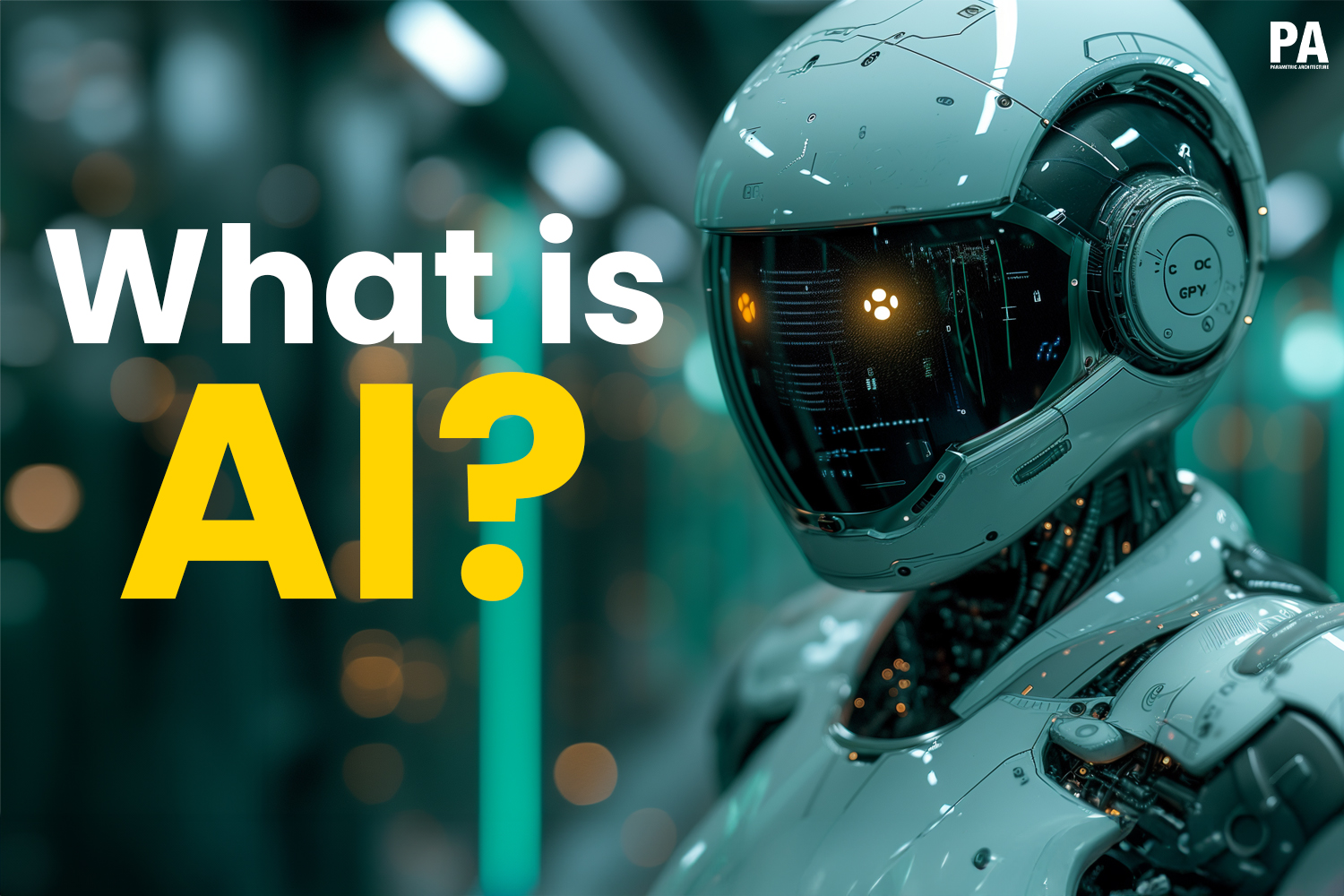
Lower-cost AI tools could improve jobs by providing more employees access to the innovation.
- Companies like DeepSeek are establishing low-cost AI that might help some workers get more done.
- There could still be risks to employees if employers turn to bots for easy-to-automate jobs.
Cut-rate AI may be shaking up industry giants, galgbtqhistoryproject.org however it's not likely to take your job - at least not yet.
Lower-cost approaches to establishing and training artificial intelligence tools, from upstarts like China's DeepSeek to heavyweights like OpenAI, will likely enable more individuals to acquire AI's performance superpowers, industry observers told Business Insider.
For many workers stressed that robots will take their tasks, that's a welcome advancement. One frightening possibility has been that discount rate AI would make it much easier for employers to swap in low-cost bots for costly humans.
Of course, that might still occur. Eventually, the innovation will likely muscle aside some entry-level workers or those whose functions mainly consist of recurring jobs that are easy to automate.
Even higher up the food chain, passfun.awardspace.us personnel aren't always devoid of AI's reach. Salesforce CEO Marc Benioff stated this month the business may not hire any software engineers in 2025 because the company is having a lot luck with AI representatives.
Yet, broadly, for lots of workers, lower-cost AI is likely to expand who can access it.
As it becomes less expensive, it's much easier to incorporate AI so that it becomes "a sidekick rather of a danger," Sarah Wittman, accc.rcec.sinica.edu.tw an assistant teacher of management at George Mason University's Costello College of Business, informed BI.
When AI's price falls, she said, "there is more of an extensive approval of, 'Oh, this is the way we can work.'" That's a departure from the frame of mind of AI being a pricey add-on that employers may have a difficult time justifying.

AI for all
Cheaper AI might benefit workers in areas of a service that often aren't seen as direct earnings generators, Arturo Devesa, chief AI designer at the analytics and data business EXL, informed BI.
"You were not going to get a copilot, perhaps in marketing and HR, and now you do," he said.
Devesa stated the path revealed by business like DeepSeek in slashing the cost of establishing and executing large language models changes the calculus for companies choosing where AI might settle.
That's because, for many big business, such determinations consider cost, utahsyardsale.com accuracy, and asteroidsathome.net speed. Now, with some costs falling, the possibilities of where AI might reveal up in a workplace will mushroom, Devesa said.
It echoes the axiom that's all of a sudden everywhere in Silicon Valley: "As AI gets more efficient and accessible, we will see its usage skyrocket, turning it into a product we simply can't get enough of," Microsoft CEO Satya Nadella wrote on X on Monday about the so-called Jevons paradox.
Devesa said that more productive workers won't necessarily decrease need for individuals if companies can establish new markets and brand-new sources of income.
Related stories
AI as a commodity

John Bates, CEO of software business SER Group, informed BI that AI is ending up being a commodity much quicker than anticipated.
That indicates that for jobs where desk employees might need a backup or someone to confirm their work, inexpensive AI might be able to action in.
"It's great as the junior knowledge worker, the important things that scales a human," he said.
Bates, a previous computer system science teacher at Cambridge University, stated that even if an employer already planned to use AI, the minimized costs would improve roi.
%20Is%20Used%20In%20Biometrics.jpg)
He likewise stated that lower-priced AI could offer small and medium-sized companies much easier access to the technology.
"It's just going to open things up to more folks," Bates stated.
Employers still need humans
Even with lower-cost AI, people will still have a place, stated Yakov Filippenko, CEO and founder of Intch, which helps experts find part-time work.
He stated that as tech companies contend on cost and ai drive down the expense of AI, lots of employers still won't be eager to get rid of workers from every loop.
For example, Filippenko stated business will continue to need developers because someone has to confirm that brand-new code does what an employer wants. He stated business hire recruiters not just to complete manual labor; bosses also want an employer's opinion on a candidate.
"They pay for trust," Filippenko said, describing employers.
Mike Conover, CEO and founder of Brightwave, a research study platform that utilizes AI, told BI that a great portion of what individuals do in desk jobs, in specific, consists of jobs that could be automated.
He stated AI that's more extensively offered because of falling costs will permit humans' creative capabilities to be "maximized by orders of magnitude in terms of the elegance of the issues we can solve."

Conover thinks that as prices fall, AI intelligence will also spread to far more locations. He stated it's akin to how, decades ago, the only motor in a car might have been under the hood. Later, as electric motors diminished, they appeared in locations like rear-view mirrors.

"And now it remains in your toothbrush," Conover stated.
Similarly, Conover stated omnipresent AI will let experts develop systems that they can tailor to the requirements of jobs and workflows. That will let AI bots manage much of the grunt work and enable employees willing to explore AI to take on more impactful work and possibly move what they're able to concentrate on.









